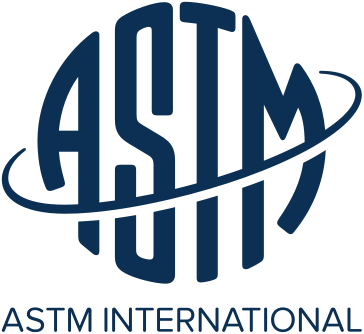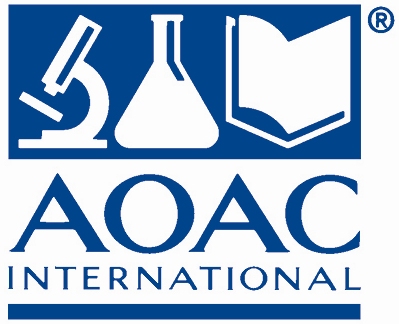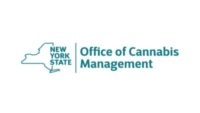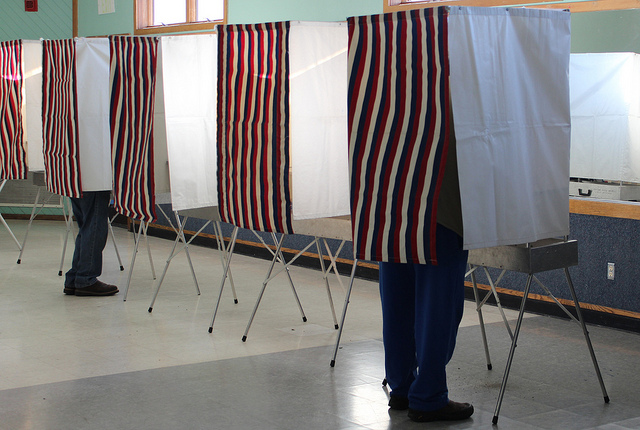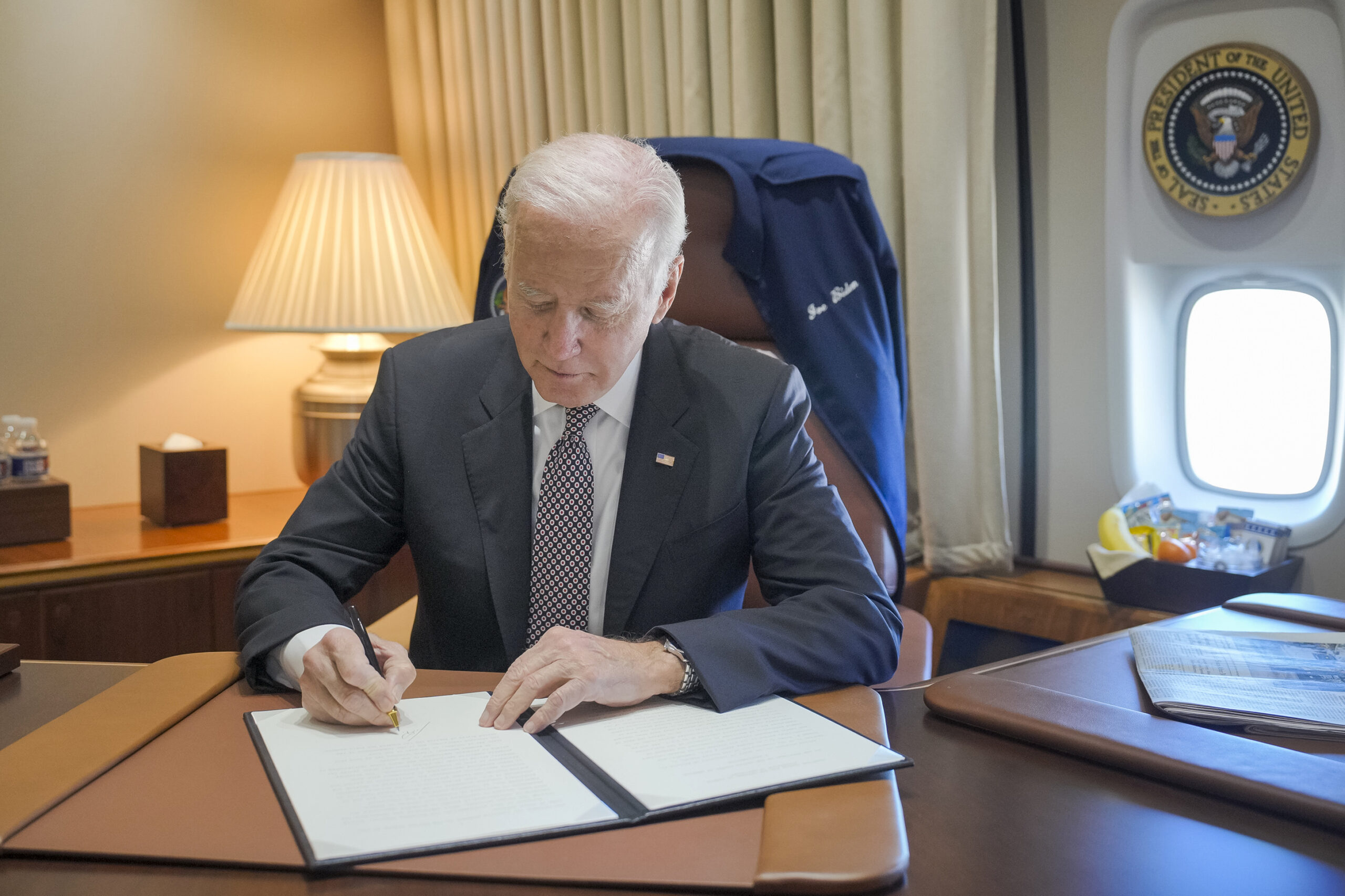Innovative Publishing Company, Inc., the publisher of Cannabis Industry Journal has announced the return of the Cannabis Quality Conference (CQC), taking place October 16-18, 2023 at the Hilton in Parsippany, New Jersey. Presented by Cannabis Industry Journal, the CQC is a business-to-business conference and expo where cannabis industry leaders and stakeholders meet to build the future of the cannabis marketplace.
“New Jersey and the surrounding cannabis markets welcomed the CQC with open arms in 2022 and we’re excited to come back to North Jersey and expand on what we have built,” says Aaron Biros, editor of Cannabis Industry Journal and director of the Cannabis Quality Conference. “In addition to the sessions on cannabis quality, lab testing and infused products manufacturing, we will host sessions on the quality of business, strategic operational considerations and more.” The CQC is seeking abstracts for presentations and posters to be considered for the event. Click here to see the call for abstracts.
 In addition to the two full days of cannabis education and programming, pre-conference workshops designed to address safety and compliance in cannabis edibles will take place on October 16. Also new to this year’s event is a strategic co-location with the Food Safety Consortium (FSC) running at the same time and in the same space as the CQC, allowing for food safety and cannabis professionals to meet and share best practices.
In addition to the two full days of cannabis education and programming, pre-conference workshops designed to address safety and compliance in cannabis edibles will take place on October 16. Also new to this year’s event is a strategic co-location with the Food Safety Consortium (FSC) running at the same time and in the same space as the CQC, allowing for food safety and cannabis professionals to meet and share best practices.
“We are bringing two great conferences together under one roof,” says Rick Biros, president of Innovative Publishing and director of the Food Safety Consortium. “The Food Safety Consortium will continue its strategic meeting of the minds format, but we are complementing that with the practical, boots-on-the-ground Food Safety Hazards track. Co-location with the CQC allows attendees to take advantage of additional education on product testing and quality assurance in the burgeoning cannabis market, as well as preconference workshops delving into infused product safety and compliance that will appeal to both food safety and cannabis professionals.”
Click here to stay up to date on lodging, early bird pricing, keynote announcements and more. All of these events will take place October 16-18, 2023 at the Hilton in Parsippany, New Jersey. For sponsorship and exhibit inquiries, contact RJ Palermo, Director of Sales, and Chelsea Patterson, Account Executive. Stay tuned for more information and when registration opens.
About Cannabis Industry Journal
Cannabis Industry Journal is a digital media community for cannabis industry professionals. We inform, educate and connect cannabis growers, extractors, processors, infused products manufacturers, dispensaries, laboratories, suppliers, vendors and regulators with original, in-depth features and reports, curated industry news and user-contributed content, and live and virtual events that offer knowledge, perspectives, strategies and resources to facilitate an informed, legalized and safe cannabis marketplace.
About the Cannabis Quality Conference
The Cannabis Quality Conference is an educational and networking event for the cannabis industry that has cannabis safety, quality and regulatory compliance as the foundation of the educational content of the program. With a unique focus on science, technology, safety and compliance, the “CQC” enables attendees to engage in conversations that are critical for advancing careers and organizations alike. Delegates visit with exhibitors to learn about cutting-edge solutions, explore three high-level educational tracks for learning valuable industry trends, and network with industry executives to find solutions to improve quality, efficiency and cost effectiveness in the evolving cannabis industry.


